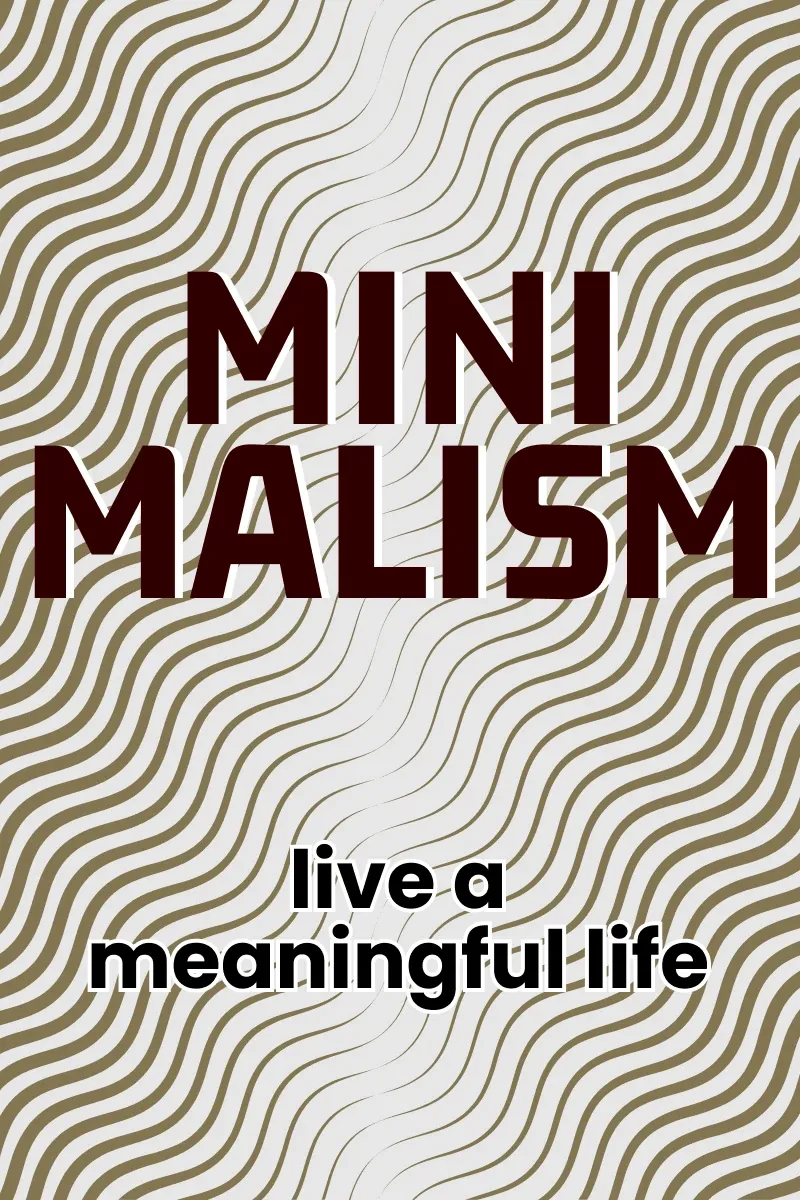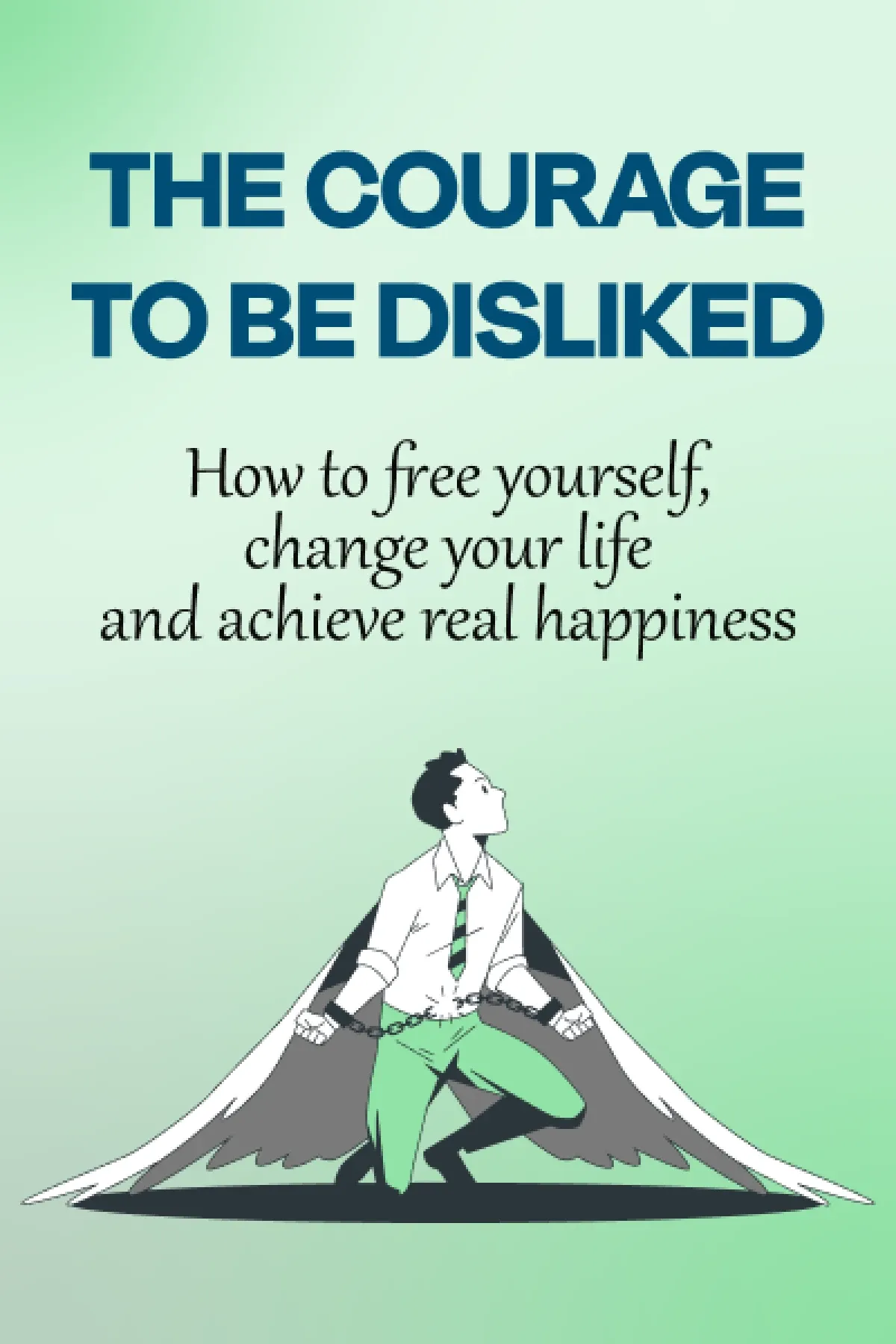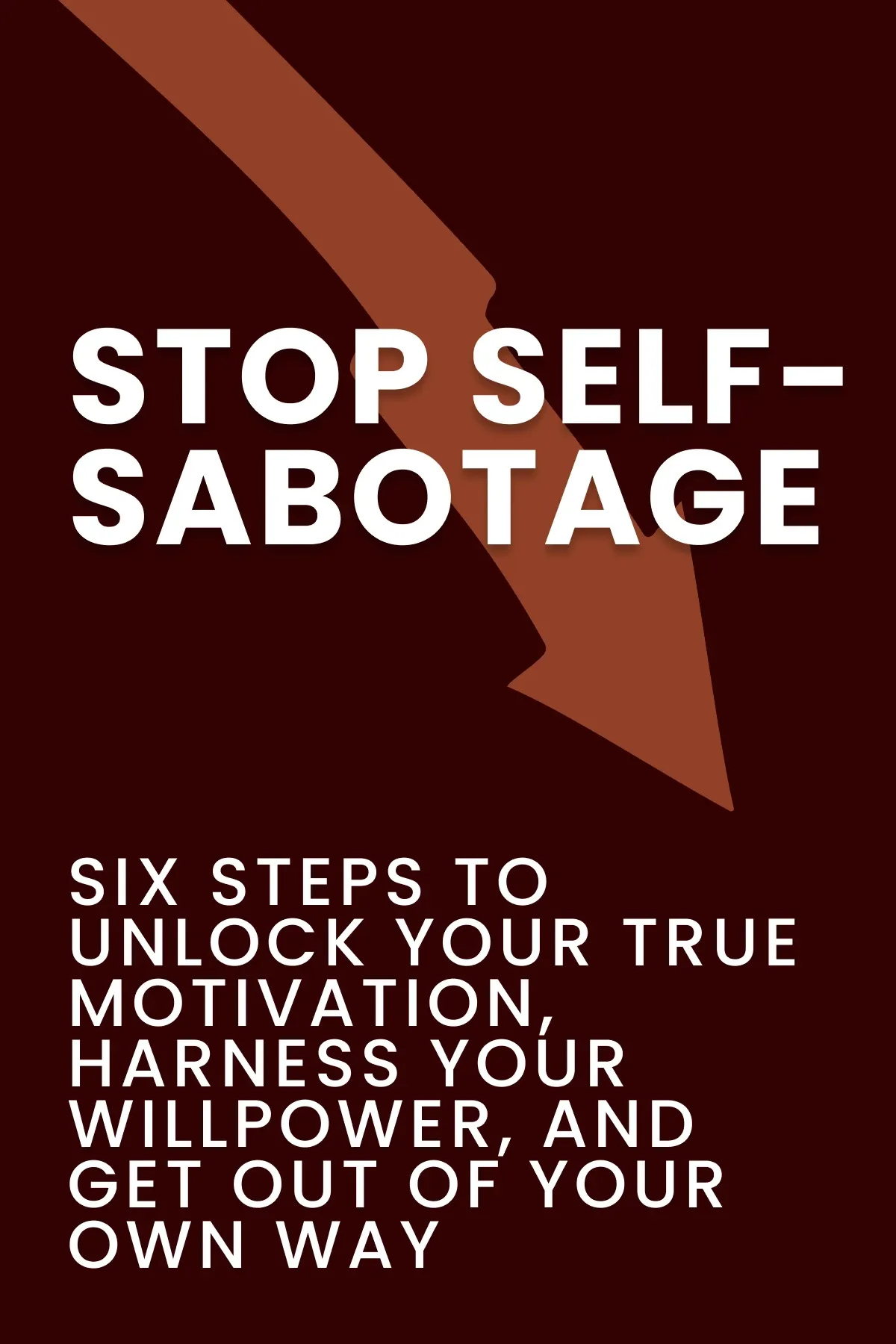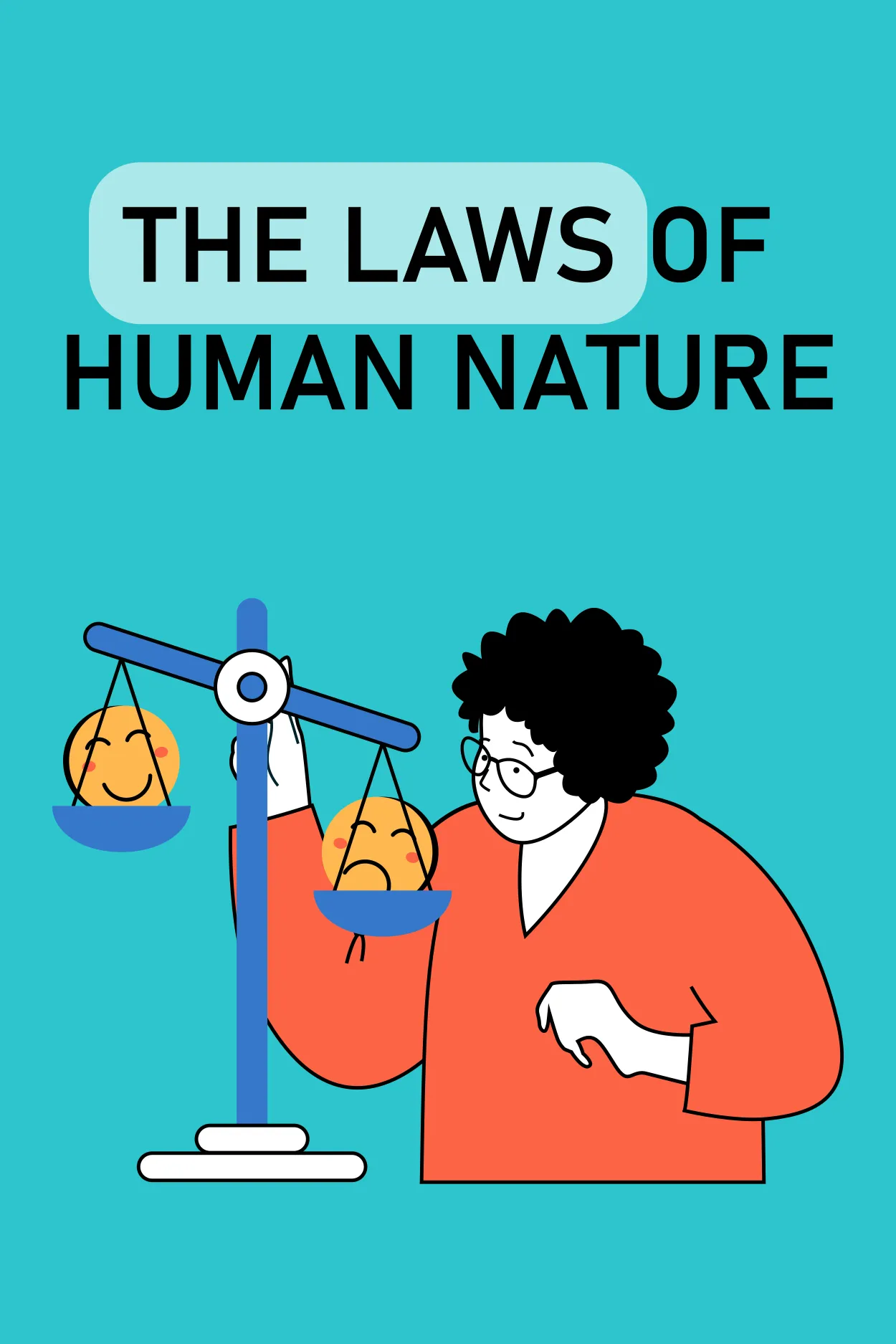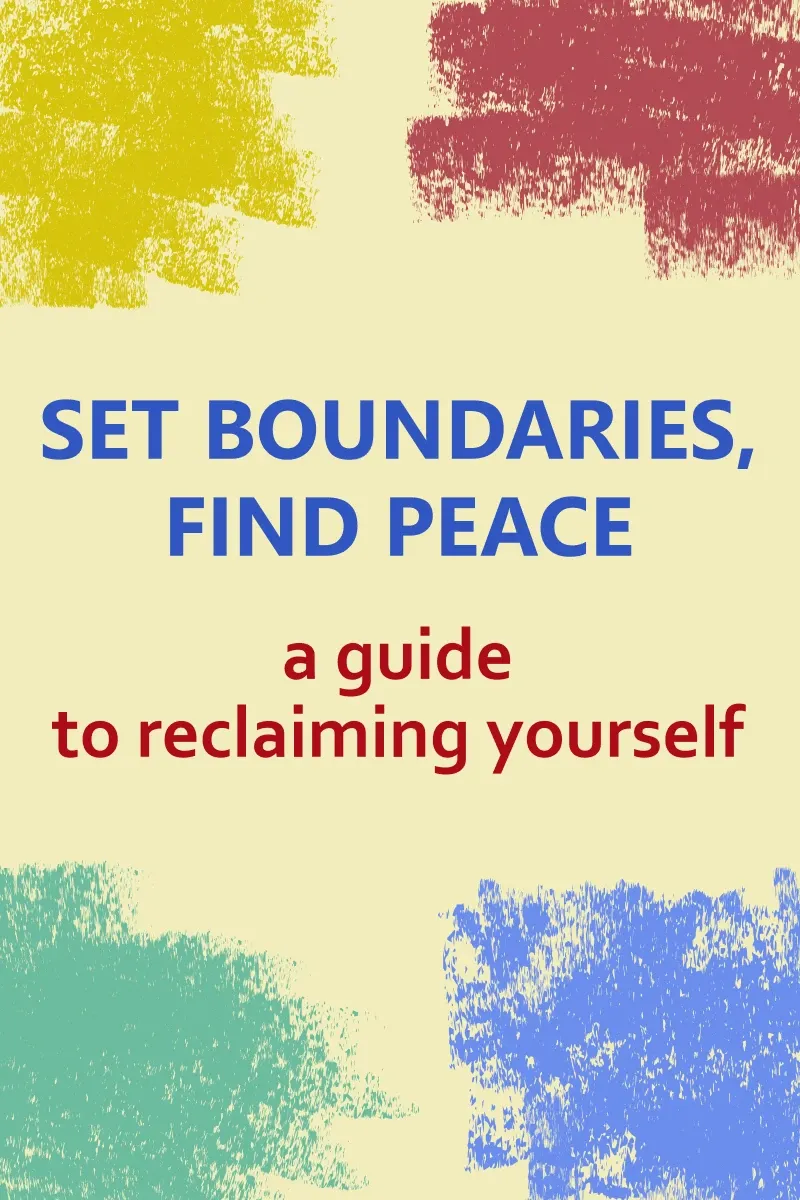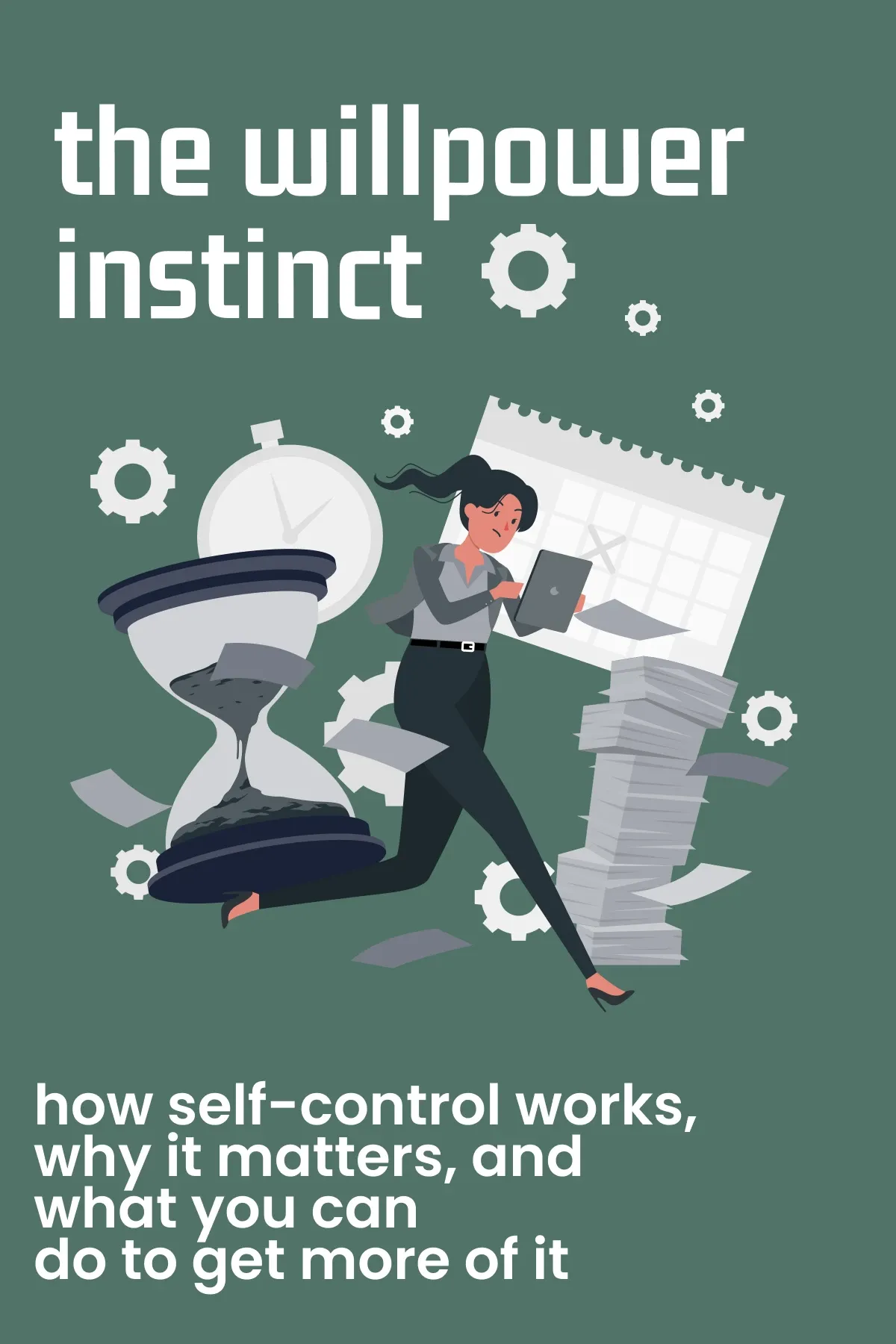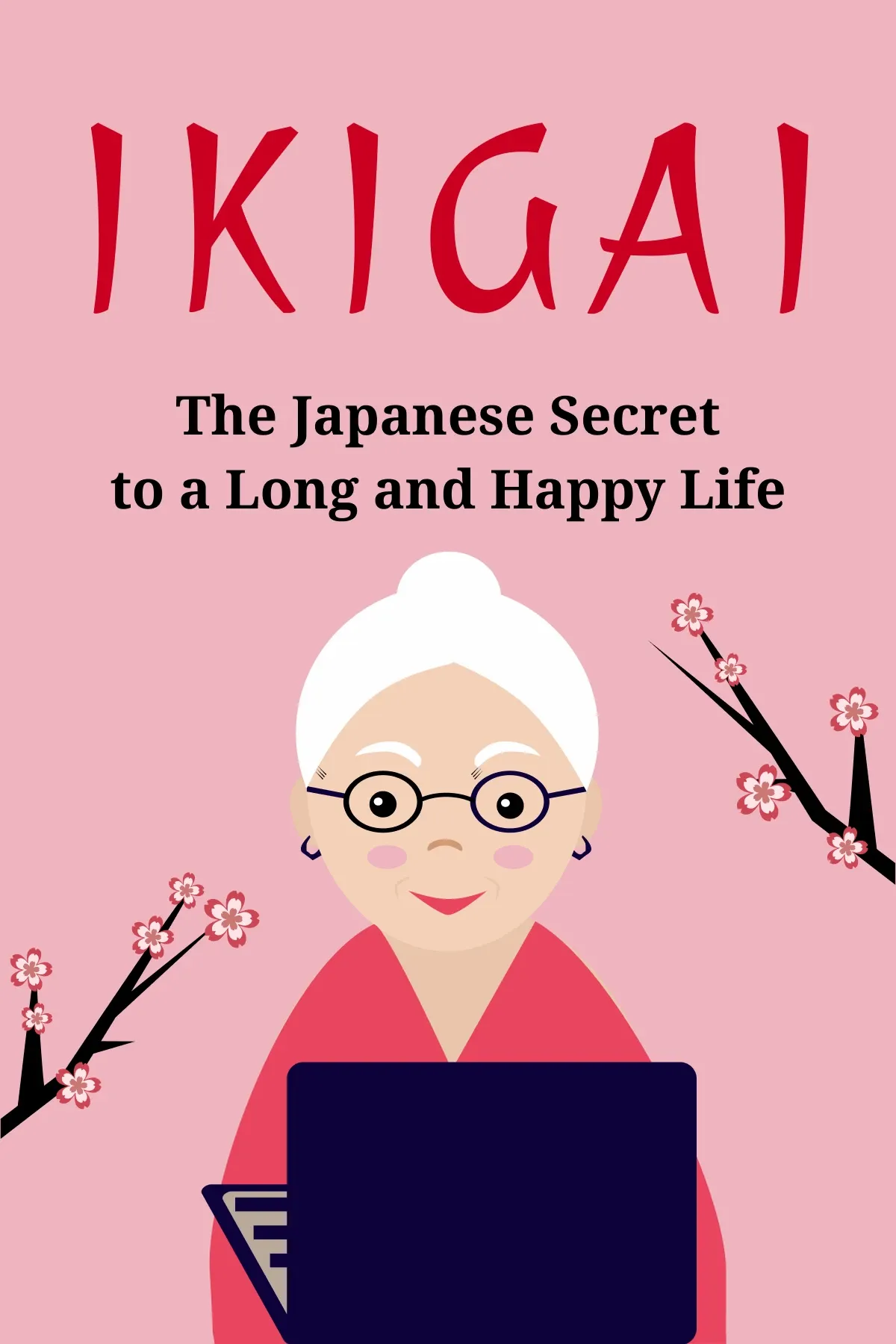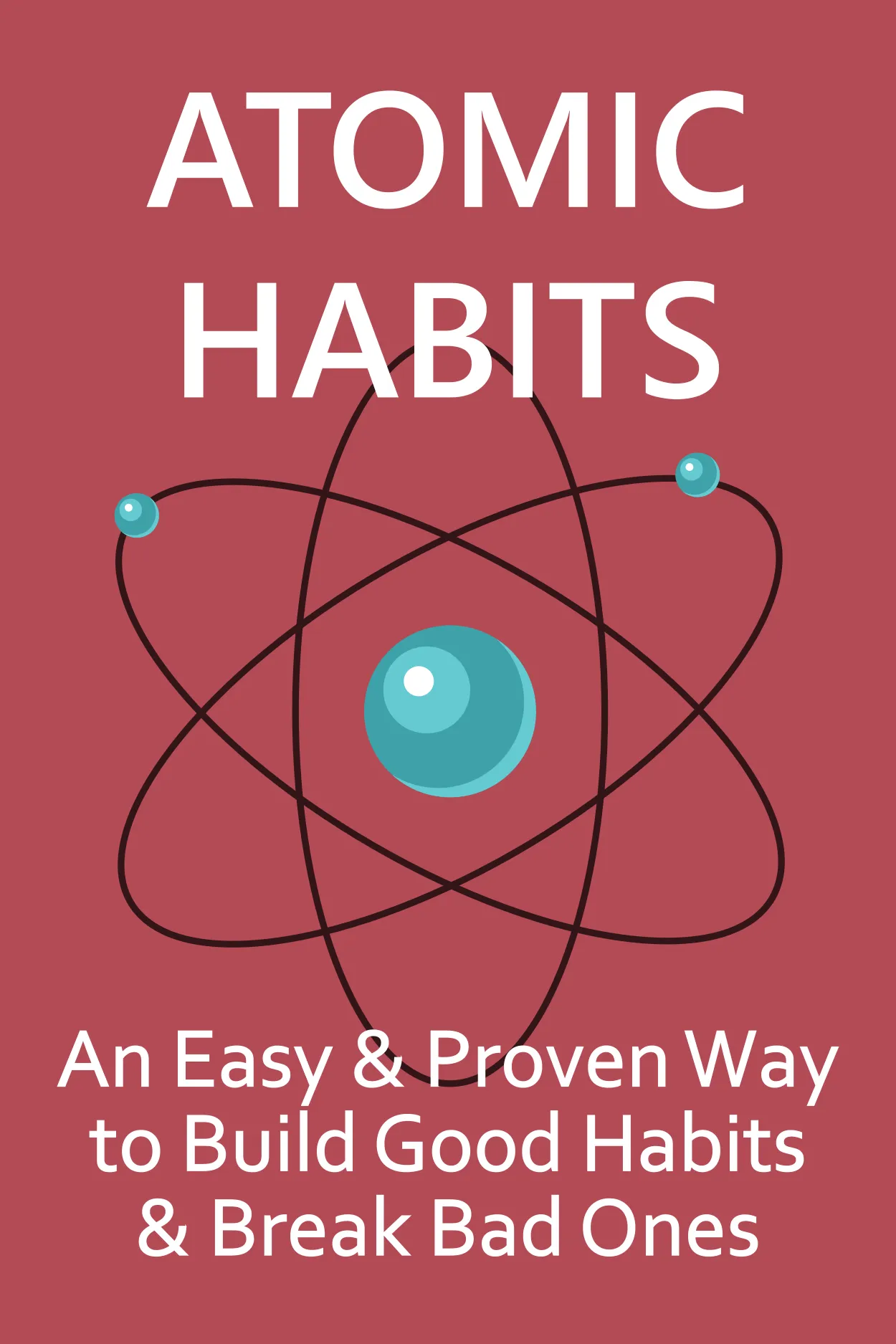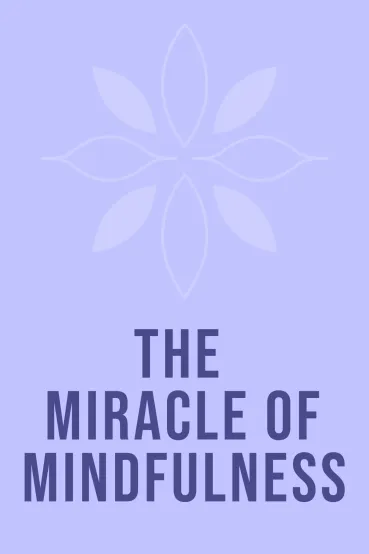
The Miracle of Mindfulness
Brief Summary
“The Miracle of Mindfulness” is a captivating exploration of mindfulness and meditation. It highlights the significance of living in the present moment and the profound impact of visualization. The book takes readers on a transformative journey, providing a range of techniques to cultivate mindfulness and embrace a more interconnected existence.
Topics
Key points
Key idea 1 of 7
During the 1940s, when Thích Nhất Hạnh was a young monk at Tu Hieu Pagoda monastery in Hue, Vietnam, he willingly took on the demanding task of washing dishes for around one hundred fellow monks. The task became even more arduous during the cold winter days, as there was neither hot water nor soap. The novice monk used ashes, rice husks, and icy water to clean the dishes.
Over time, the monastery's kitchen underwent dramatic improvements, including the installation of a water heater, the availability of soap, and the provision of scourers. These upgrades made dishwashing a piece of cake for the current generation of novice monks. They could now carry out their duty in no time and indulge in a well-deserved break with a cup of tea.
However, surprisingly, the author doesn't view this progress as a good thing. You might be wondering why. According to the author's perspective, dishwashing should not be prompted solely by the desire to have clean dishes. Instead, he advocates for approaching the task of washing up for the sake of cleaning the dishes without any ulterior motives.
When we perceive dishwashing as a tedious chore to rush through, with our minds already focused on the rewards that await us afterward, we cannot engage in dishwashing purely to clean the dishes. Additionally, this mindset prevents us from fully experiencing the present moment. As we stand at the sink, wishing for time to pass quickly, we miss out on the opportunity to appreciate the beauty of life. Our lack of consciousness and mindfulness at that moment prevents us from having complete control over our bodies, movements, and the thoughts that arise while doing the dishes.
We mentally live in the future, imagining ourselves sitting at the table, savoring that cup of tea. Basically, we are cleaning the dishes on autopilot. Furthermore, once we finally reach that moment of enjoying our tea, our minds will have shifted the focus to other concerns, leaving us only dimly aware of the taste in our mouths. Consequently, we are constantly pulled away from the present, unable to fully experience and appreciate even the briefest moments of our lives. *The Sutra of Mindfulness*, an ancient Buddhist text, teaches a valuable lesson that calls for absolute mindfulness in every task we undertake, regardless of its nature.
FAQ
You may also like these summaries


